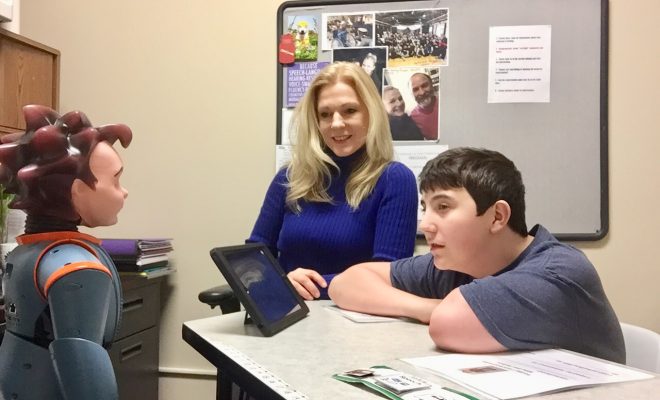Pass or Fail: Intervention Approach Alternatives

In this multi-part series, I provide a dissection of the phenomenon of retention and social promotion. Also, I describe the many different methods that would improve student instruction in classrooms and eliminate the need for retention and social promotion if combined effectively.
While reading this series, periodically ask yourself this question: Why are educators, parents and the American public complicit in a practice that does demonstrable harm to children and the competitive future of the country?
How can early intervention programs and school supports increase attentiveness and participation among children?
Just as regular school programs should seek to engage students in regards to their interests, early intervention programs and school-based support systems should, as well. As has often been pointed out, the most effective teachers are those who develop learning environments and relationships that promote the cultivation of individual passions.
MATCH
MATCH is an early intervention program based in Boston, MA, that seeks to give students the tools they need to get into college. Almost all the students in the program are minorities, most are from families below the poverty line, and the vast majority with deficiencies in reading and math. Principal Jorge Miranda says that the school uses rigid discipline and a hefty set of rules to keep students in line. The day begins before 8:00am and ends at 5:00pm. Signs posted around the school regulate everything, the dress code, unexcused absences, tardiness, and poor posture in class, to name a few.
Classes are small at MATCH, a key feature of schools that implement early intervention effectively. Another important element is the one-on-one tutoring for students who specifically request it. The MATCH Corps tutors receive a small stipend that is partially funded through AmeriCorps when they make a one-year tutoring commitment.
Intervention Impact
Though adjusting to the school can be difficult, it has worked for an overwhelming number of students. The program not only turns students’ lives around, it also turns them into stellar scholars. In fact, the school had the highest scores in math on the state standardized test, and many students had scores high enough to obtain free tuition at any state university in Massachusetts. All of the graduates of its first four graduating classes were accepted into four-year universities.
Early intervention programs and school-based programs must align to promote the interests of all students and foster this kind of student-centered learning model in special-learning programs. In particular, if students and specialist staff have the benefit of working within a relatively stable environment, one that does not involve a child transitioning to a new classroom every academic year, then the opportunities for the development of a child-centered learning model and child-centered support systems are endless.
Collaborative Environments
Schools and early-intervention organizations can likely manage the costs of providing special-education supports by enhancing the efficiency of those supports delivered in the early years. However, they must work together countrywide toward the achievement of equal-opportunity, student-centered learning models. With parameters in place and clear guidelines for child-centered supports, schools, and early intervention programs can work together to go beyond budgetary considerations.
If early intervention programs and schools are able to work collaboratively, then the needs of the individual students and their families may be better served. Indeed, some responsibility to remove negative views of early intervention and special-education support must fall on schools and early intervention units. These groups are ultimately responsible for supporting students at either end of the academic spectrum, gifted students and those with learning disabilities.
Inclusive Learning Model
There are ethical considerations regarding the integration of exceptional students in traditional classrooms. The legal requirement to provide a free and appropriate education to all students in the least restricted environment is frequently extended to children with special needs. In turn, this mandate implies that integration or “push-in supports” in a traditional classroom produce higher levels of learning than models that remove students with special needs to separate classrooms where they are taught “life skills.”
While not every student will benefit from an inclusive education, the vast majority will. There is a need for promoting the idea that inclusion is the preferred model for learning. Early intervention programs and schools must work toward this by collaboratively promoting parent education. Supporting programs related to the delivery of special-education services in inclusive environments is key. Opportunities for training teachers and establishing regularly integrated supports for students with special needs are more easily and efficiently implemented in schools that de-emphasize standardized testing and graded learning.
Just as you might connect with a person who has common interests, so may a child to educational strategies designed to appeal to them uniquely. Can you picture a program in which all students are involved, engaged and participation is sky-high? How can we begin to alter our current system so that we are taking steps toward the aforementioned setting?





